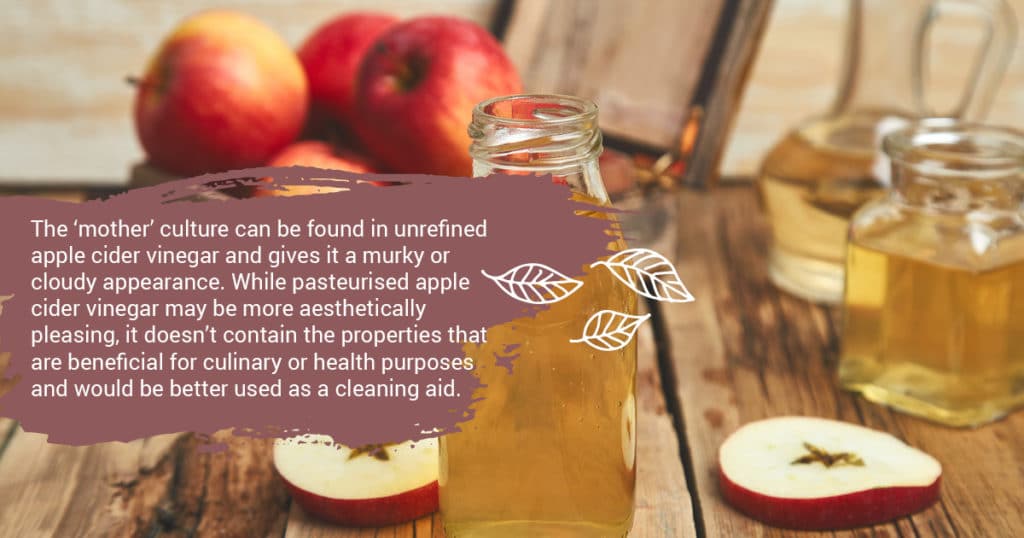
Apple cider vinegar is one of our most powerful organic health aids and has been used for its healing benefits for at least 8 000 years. Let’s find out a bit more about the history of this vinegar and why so many incorporate it into their daily healthy living.
What is the history of the usage of apple cider vinegar for health?
Japanese samurai warriors, for example, used it as a tonic, believing that it provided them with power and strength. John Adams, the second president of the United States, too believed in the power of apple cider vinegar and drank it every morning. At age 90, Adams was the longest-lived US president until Ronald Reagan surpassed him in 2001 – perhaps he has apple cider vinegar to thank for his longevity?
In his widely read 1958 book Folk Medicine: A Vermont Doctor’s Guide to Good Health, Dr Jarvis explored a few apple cider vinegar remedies that he had studied and had found beneficial. This and other books, like Paul Bragg’s Apple Cider Vinegar: Miracle Health System (1995), created wider awareness of the health benefits of apple cider vinegar. We are continuously trying to expand our knowledge of the benefits of apple cider vinegar, and in 1999 the International Vinegar Museum was opened in Roslyn, South Dakota.
How is apple cider vinegar made?
Apple cider vinegar is made from apples, sugar and yeast. The apples are crushed, creating a liquid that is then mixed with yeast to start the process of alcoholic fermentation – the sugar produced by the apples is turned into alcohol.
A second fermentation then takes place, and the alcohol is converted into vinegar, thanks to the formation of a bacteria called acetobacter, which creates acetic acid.
What is ‘the mother’?
A by-product of the second fermentation process is ‘mother of vinegar’. This is an acetic acid bacteria that is created during the second fermentation process and takes the form of a membrane-like material. The ‘mother’ is a complex structure of beneficial acids that seem to have numerous health benefits.
The ‘mother’ culture can be found in unrefined apple cider vinegar and gives it a murky or cloudy appearance. While pasteurized apple cider vinegar may be more aesthetically pleasing, it doesn’t contain the properties that are beneficial for culinary or health purposes and would be better used as a cleaning aid.

Health benefits of apple cider vinegar
Apple cider vinegar is said to be beneficial to those who have high cholesterol, diabetes, acne, a sore throat or heartburn. It has also been used as a weight loss aid, as a dandruff remedy, for teeth whitening and as a digestive aid.
For dieters and general health enthusiasts, the recommended dosage is between one and two tablespoons in a glass of purified water a day in the morning.
According to an old remedy, to treat dandruff you should: pour a mixture of half apple cider vinegar and half water onto your hair. Leave the mixture on for 15 minutes before rinsing. It is recommended that this is done once or twice a week.
For the treatment of acne, a mixture of one part vinegar to three parts of water can be applied to problem skin. Avoid applying vinegar directly to the skin as it is quite harsh and may damage the skin.
It is suggested that apple cider vinegar can provide an all-natural way to whiten your teeth. Although this may be true, dentists and orthodontists warn against doing so. Rubbing acid on your teeth can break down their enamel over time and leave your teeth vulnerable to cavities.
Apple cider vinegar contains pectin, a dietary fibre that may aid in digestion.
Research is ongoing but some suggest that apple cider vinegar can improve cognitive function due to the high levels of acetic acid that it contains. Studies suggest that fermented foods may preserve cognitive functioning as we age and even protect against some forms of dementia.

What do the experts say?
In a recent article on his website, Dr William Cole, a functional medicine practitioner, explored the benefits of lemon water and apple cider vinegar and discussed which is better for your gut. Dr Cole has done considerable research on histamine intolerance, SIBO (Small Intestine Bacterial Overgrowth), Leaky Gut Syndrome and Candida overgrowth, and is concerned with maintaining a healthy gut microbiome and the science behind healing the gut.
Dr Cole believes that both lemon water and apple cider vinegar have important roles to play in terms of gut health, although he does pick apple cider vinegar as the winner.
Lemon water contains ample amounts of vitamin C, phytonutrients and fibre – all of which are needed for supporting gut health. Vitamin C is particularly important. It is a powerful antioxidant that can help to lower gut inflammation and boost the immune system. Vitamin C is also a natural antimicrobial that works as a natural balancer of the bacteria in the microbiome.
Apple cider vinegar, on the other hand, has been shown to mildly lower the growth of gram-negative bacteria like Staphylococcus aureus and Pseudomonas aeruginosa. According to Dr Cole, these bacteria are higher in endotoxins called lipopolysaccharide (LPS). Inflammatory health problems and leaky gut syndrome may occur due to higher levels of LPS.
Apple cider vinegar has also shown to have antiviral and anti-yeast and anti-fungal properties. This all proves helpful in supporting the microbiome and overall immune balance.








